Rhizo1 -- couple questions
woohooman San Diego CA zone 10a
10 years ago
Related Stories

MODERN ARCHITECTUREHouzz TV: This Amazing Lake House Made a Couple’s Dream Come True
Step inside a dream home on Lake Austin, where architecture celebrating gorgeous views has a striking beauty of its own
Full Story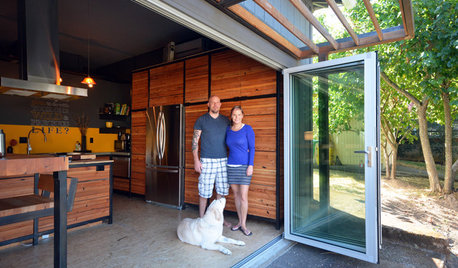
MY HOUZZHouzz TV: A Couple’s Garage Becomes Their Chic New Home
Portland, Oregon, homeowners find freedom in a city-approved garage home with DIY industrial flair
Full Story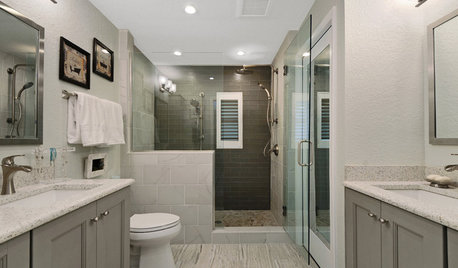
INSIDE HOUZZSee a Couple’s New Spa-Like Bathroom From Lowe’s and Houzz
The sweepstake winners’ master bathroom gets a makeover with a new shower, tile and storage space
Full Story
DECORATING GUIDESHouzz Tour: Couple Pares Down and Pumps Up the Style
A big transition from a large suburban house to a 1,200-square-foot urban condo is eased by good design
Full Story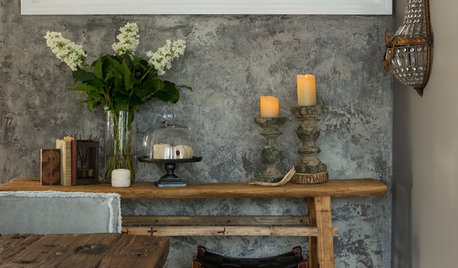
CONTEMPORARY HOMESHouzz Tour: Newlywed Couple Find Their Style
A Portland, Oregon, ranch house goes from dark bachelor pad to married couple’s chic sanctuary
Full Story
LIFEWhen Your Tastes Clash: How to Design and Decorate as a Couple
Want to keep the peace? Work with both of your styles when remodeling, decorating or building new, for a home that feels right to all
Full Story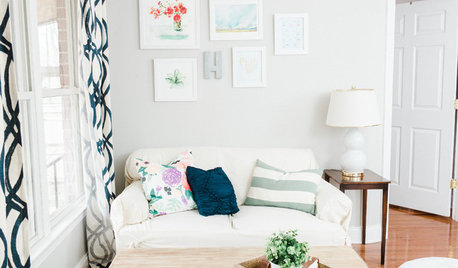
SMALL HOMESHouzz Tour: A Young Couple's Bright and Cheerful In-Law Suite
A smart, budget-friendly makeover transforms an in-law apartment into a home for a graphic designer and her husband
Full Story
CONTEMPORARY HOMESHouzz Tour: A Creative Couple Let a Wine Country Home Breathe
Dark rooms get opened and updated, while a neutral color palette helps a range of textures stand out
Full Story
KITCHEN DESIGNCouple Renovates to Spend More Time in the Kitchen
Artistic mosaic tile, custom cabinetry and a thoughtful layout make the most of this modest-size room
Full Story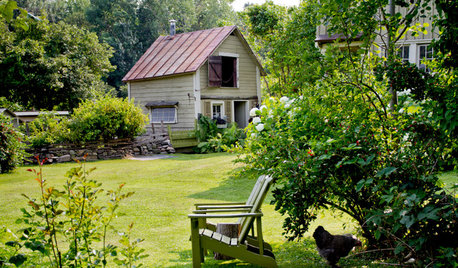
INSPIRING GARDENSMy Houzz: DIY Love and Nature-Inspired Colors Update a Couple’s Garden
Secondhand finds and favorite pieces add whimsical beauty to this animal-loving couple’s property
Full StoryMore Discussions






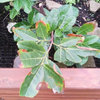

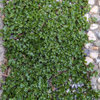
rhizo_1 (North AL) zone 7
woohooman San Diego CA zone 10aOriginal Author
Related Professionals
Holly Springs Landscape Architects & Landscape Designers · Essex Landscape Architects & Landscape Designers · Walnut Landscape Architects & Landscape Designers · Aurora Landscape Contractors · Maple Valley Landscape Contractors · Duarte Landscape Contractors · Lemont Landscape Contractors · Long Beach Landscape Contractors · Natick Landscape Contractors · Pleasant Prairie Landscape Contractors · Salem Landscape Contractors · Stallings Landscape Contractors · Wentzville Landscape Contractors · Ferguson Landscape Contractors · Jericho Stone, Pavers & Concreterhizo_1 (North AL) zone 7
Kimmsr
ken_adrian Adrian MI cold Z5
rhizo_1 (North AL) zone 7
woohooman San Diego CA zone 10aOriginal Author
woohooman San Diego CA zone 10aOriginal Author